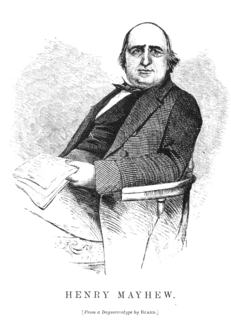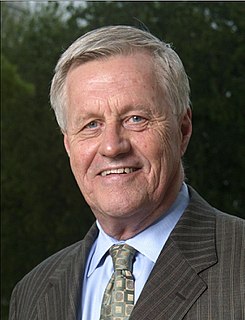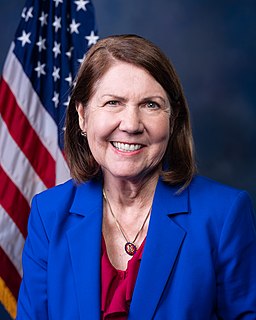A Quote by Henry Mayhew
There is a tone of morality throughout the rural districts of England, which is unhappily wanting in the large towns and the centres of particular manufactures
Related Quotes
The consequences of these institutions (The towns or districts, the congregations, the schools,and the militia.) have been, that the inhabitants, having acquired from their infancy the habit of discussing, of deliberating, and of judging of public affairs, it was in these assemblies of towns or districts that the sentiments of the people were formed in the first place, and their resolutions were taken from the beginning to the end of the disputes and the war with Great Britain.
One of the expedients of party to acquire influence, within particular districts, is to misrepresent the opinions and aims of other districts. You cannot shield yourselves too much against the jealousies and heart-burnings, which spring from these misrepresentations; they tend to render alien to each other those, who ought to be bound together by fraternal affection.
The EPA's [Clean Power Plan] is another example of Washington's lack of understanding when it comes to rural and Western energy issues. I oppose this new rule because it hurts my district, which has four coal-fired plants that power Arizona's big cities, small towns, businesses and residences. These plants also provide good-paying jobs in our tribal and rural regions.
I've spent my life living in rural America, some of it in blue state Vermont, some of it in red state upstate New York. They're quite alike in many ways. And quite wonderful. It's important that even in an urbanized and suburbanized country, we continue to take rural America seriously. And the thing that makes Vermont in particular so special, and I hope this book captures some of it, is the basic underlying civility of its political life. That's rooted in the town meeting. Each of the towns in Vermont governs itself.
We're always projecting our moral categories on things. I think that's inevitable. But capitalism places no particular value on morality. Morality in the market is enforced by contract and regulation and law, because morality is understood to be in conflict with the motive force of greed and accumulation.
People go to the big urban centres because they have a quality of life, a quality of intellectual inquiry in the big urban centres that you don't necessarily have in smaller, rural communities. I've got loads of friends and relatives that live there. People like living there, bringing up their kids there and all that stuff, but it'd be the death of me. I couldn't be in a small town, ten minutes I'd enjoy it, and then I'd get fed up because you're so constrained and constricted by it.
We all have--to put it as nicely as I can--our lower centres and our higher centres. Our lower centres act: they act with terriblepower that sometimes destroys us; but they don't talk.... Since the war the lower centres have become vocal. And the effect is that of an earthquake. For they speak truths that have never been spoken before--truths that the makers of our domestic institutions have tried to ignore.































